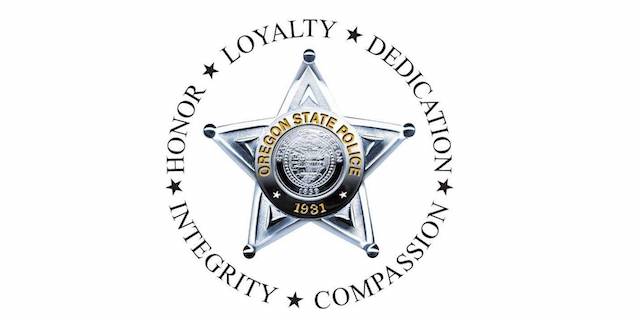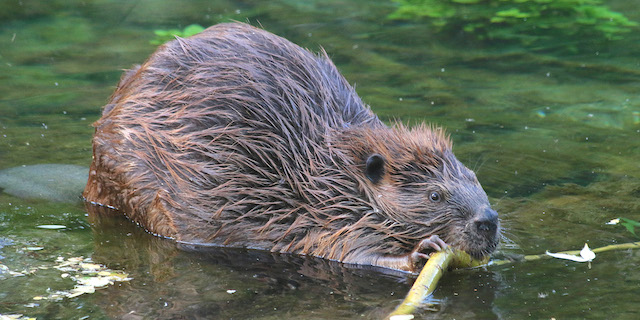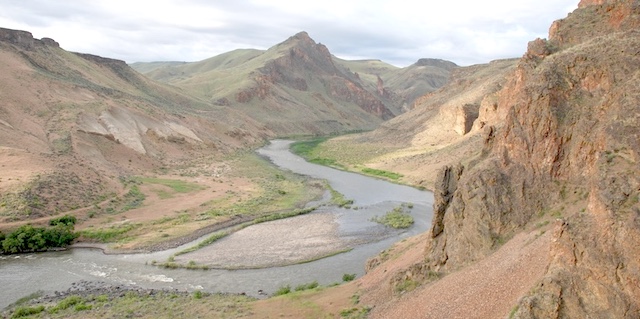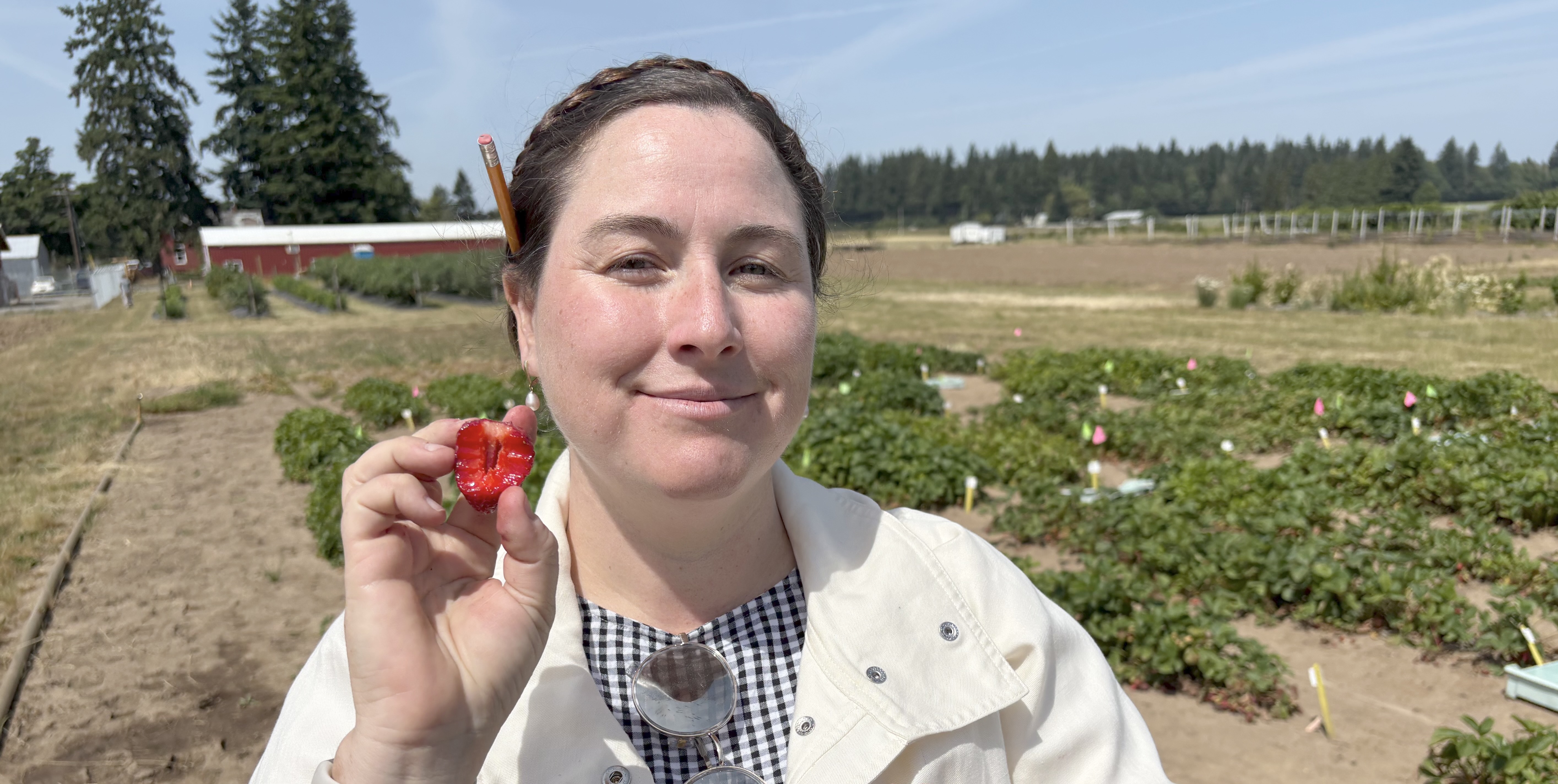South Mountain Ranch: Raising Angus in a real world environment
Published 7:00 am Thursday, December 7, 2023

- A cow with her bull calf at South Mountain Ranch in Idaho.
CALDWELL, Idaho — Matt Duckett grew up on a commercial cow-calf ranch near Jordan Valley, Ore., in Owyhee County on South Mountain.
He went to college, got a degree in accounting and spent 8 years working in the accounting and finance industries.
In 2007 he decided he wanted his family and children to have the same opportunities and experiences he was blessed with growing up on a ranch.
Matt had already purchased some registered cows in 2005.
“In 2007 we started acquiring more cows from some of the premier purebred operations in the western U.S. Our objective has always been to provide cattle that can function in the high desert environment,” he said.
The breeding program includes artificial insemination and embryo transfer, using proven leading sires — to produce cattle that excel on the ranch, in the feedlot and on the rail.
“These bulls are the future genetics for our customers; we want to provide what they need— to be competitive and profitable,” he said.
“The main criteria when evaluating sires is whether we believe the daughters we put back in our herd will make better cows than we have now,” Matt explains.
“We are getting ready for our 16th annual bull sale in February 2024 and offer about 110 bulls each year. We also sell pairs and heifers private treaty. Our sale offering is 100% AI sired. With AI and embryo transfer, we are individually mating every cow, and a lot of thinking goes into that,” he said.
“What’s unique about our operation compared to other seedstock producers is the combination of our AI genetics and the environment our cattle are raised in. Our cows calve outside, unassisted. We bring them home just long enough to get them AI bred and confirmed pregnant, then they go back out on the desert — sagebrush, rocks and cheat grass.”
They run out there until the first of June, then go up by McCall in the summer and run on steep, rocky forested range where they have to travel for water, he said.
The breeding program is tailored to commercial ranchers in high desert country.
“We think our genetics are as good as anybody’s. We all have access to the same AI sires, but our focus is on genetics we feel will work for the high desert ranchers in our area.”
These cattle are maternal, easy-going and acclimated to harsh conditions, he said.
“The fact these cattle run outside does a couple things for us. One, we are testing our cows in a real world environment. If cows are on irrigated pasture, drought doesn’t mean much; you don’t really know what you have,” he said. “It’s not even close to the environment our customers’ cows have to deal with. We feel it is important to stress-test our genetics and see how they hold up.
“The other thing that’s important is that there’s nothing better than the momma cow to teach a bull calf how to travel, find water, etc.,” he said. “If a young bull gets put out with cows on a big range and has never been exposed to this type of environment, he is going to struggle. The bulls that come from us will travel, know how to find water, and hold their condition in tough environments.”
Calving starts the first of November.
“If someone turns bulls out May 1st that bull will be an 18-month-old bull on turnout day. Those bulls (as calves) spend winter and spring on the desert with their mothers and spend summer on forest rangeland, and get weaned in early September. They’ve had a lot of time to just grow and not get fat. It reduces the length of time we have them on feed. We feed them ourselves at our own feedyard. We try to grow them so they can express their genetic potential, but not get them overly fat,” Matt said.
Matt and his wife, Pyper, have four children: son Kaden, daughter Hallye, daughter Jayda and son Tanner.
Kaden does a lot of the custom farm work when he is home from college. He is studying ag business. His plan is to come home after college and work on the ranch.
Hallye just graduated from high school and will be attending college this fall, studying ag marketing. She is the state secretary for Idaho FFA. She loves the registered cows and plans to attend an AI school in the spring so she can help with the breeding.
“It’s a wonderful blessing when the next generation can be involved with the ranch,” Matt said.






